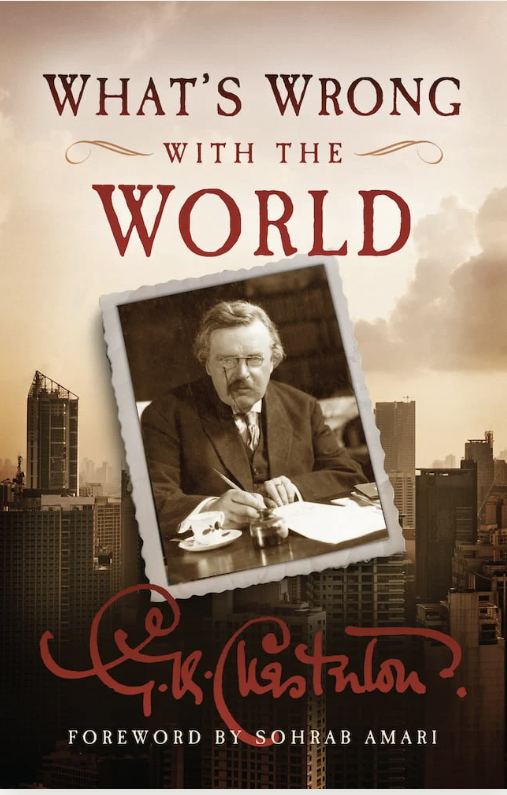A Few Wise Men
Dreams are strange.
Mysterious. Ephemeral.
Sometimes they seem like a highlight reel of the day’s leftover thoughts: random people, half-finished conversations, places that don’t make sense.
Other times, they seem like something more. Something meaningful.
Throughout salvation history, God has used dreams to speak to people: to guide them, to warn them, to call them.
He does the same with the wise men.
Who were these men?
We know them by tradition as Balthasar, Melchior, and Caspar.
I’ve often wondered: how long had they been watching the skies?
What longing stirred in their hearts as they set out on that journey following a star?
How were they wise?
Maybe they possessed the qualities of wisdom we find in Proverbs:
Someone who listens, learns, and who seeks wise counsel.
Someone who keeps their emotions in check, watches their words, and doesn't take himself too seriously.
Contrast that with Herod.
He hears about the birth of this “king,” and immediately he’s rattled.
The Greek verb used to describe his response means deeply disturbed, shaken, thrown into inner turmoil.
St. Jerome used the word turbatus (in his Latin translation of the Greek Septuagint), which is where we get turbulence.
That same Greek word shows up in some powerful moments throughout the Gospels:
-When Jesus walks on water and the disciples are terrified (Mt 14:26; Mk 6:50).
-When Zechariah is overwhelmed by Gabriel’s sudden appearance (Lk 1:11-13).
-When Mary is perplexed by the angel’s greeting (Lk 1:29).
When it comes to encountering the Divine, it’s unsettling. It disrupts us. It shakes us. The difference is how we respond.
The wise men leaned in. Herod dug in.
Fear is a natural reaction to the supernatural. The question is: does fear turn into faith & following or does it breed more fear?
The former takes humility and surrender - a willingness to let go of control. The latter leads to grasping at control and power, like Herod.
Thy will be done, Lord must be the refrain of our hearts.
God’s peace,
Ted
Here’s What I’m Reading This Week
In What’s Wrong With the World, G.K. Chesterton skewers modern social fads, political ideologies, and utopian schemes, arguing that the real crisis lies in the abandonment of common sense, tradition, and virtue. With wit and prophetic clarity, Chesterton insists that fixing the world begins at home, with the ordinary, eternal things that are often carelessly discarded.
If this speaks to you, consider a paid membership.
If now isn’t the right time for a paid membership, I’d be grateful if you shared Into Deep Water with a friend who might find it meaningful. Thanks!

